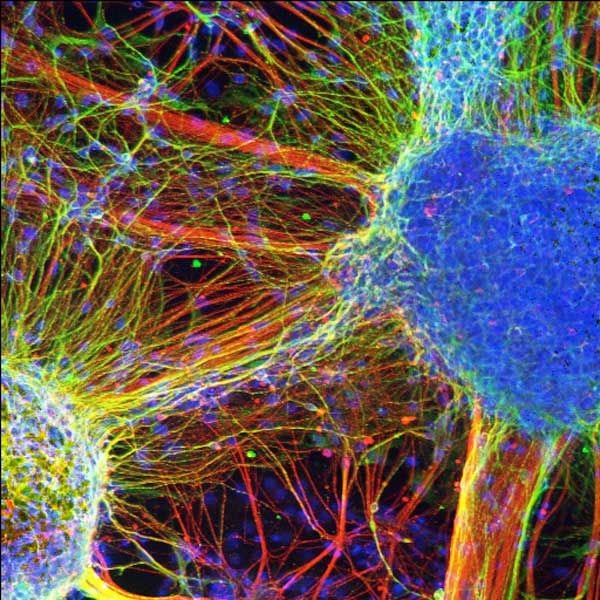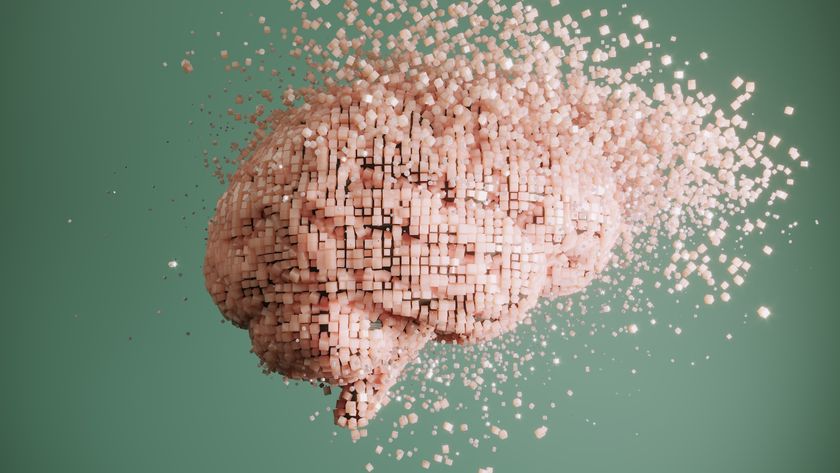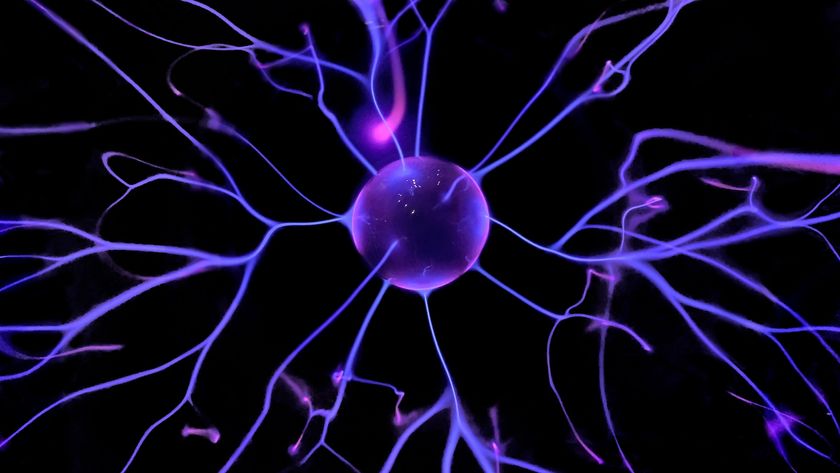Bad Memories Could Be Erased, Study Suggests

The ability to at least partially erase bad memories in people is a step closer to reality today with research into marine snails.
Scientists found they could erase long-term memories in the snails by inhibiting the activity of a specific protein kinase called PKM —molecules that chemically modify proteins.
"I think we will be able to alter memories someday to reduce the trauma from our brains," said the study's senior author, David Glanzman, a UCLA professor of integrative biology and physiology and of neurobiology.
The study appears in the April 27 issue of the Journal of Neuroscience, a premier neuroscience journal.
Previous research has found preliminary evidence of drugs that can erase bad memories.
The new research, dealing with actual neurons in the snails brains, could eventually help with treatment of post-traumatic stress disorder, drug addiction and maybe Alzheimer's disease and other long-term memory disorders, Glanzman and his colleagues say.
"Almost all the processes that are involved in memory in the snail also have been shown to be involved in memory in the brains of mammals," Glanzman said.
Sign up for the Live Science daily newsletter now
Get the world’s most fascinating discoveries delivered straight to your inbox.
When marine snails are attacked by a predator, their sensitivity to environmental stimuli goes up — a "fundamental form of learning that is necessary for survival and is very robust in the marine snail," Glanzman explained. The neurons associated with this behavior were targeted in the study.
"We found that if we inhibit PKM in the marine snail, we will erase the memory for long-term sensitization," Glanzman said. "In addition, we can erase the long-term change at a single synapse that underlies long-term memory in the snail."












